Differences between different channel hearing aids
- By:VOHOM
- 2023-10-20
- 980
Hello, we will be discussing the differences between different channel hearing aids.

Hearing aids are designed to help individuals with hearing loss or impairment. They come in various forms and styles, including behind-the-ear, in-the-ear, and receiver-in-the-canal hearing aids. However, one crucial aspect that sets them apart is the number of channels they have.
A hearing aid channel refers to the number of frequency bands it can amplify or process. Hearing aids with more channels have the ability to refine sound more comprehensively, allowing the user to experience more clarity and distinction when discerning sounds.
For instance, a hearing aid with a single channel or band amplifies all sounds equally, whereas a device with multiple channels analyzes sound and processes it into smaller, more precise frequency bands for optimal clarity.
The average number of channels found in modern hearing aids range between four to twenty-four, with some manufacturers boasting up to sixty-four. So let's take a closer look at the differences between different channel hearing aids.
One Channel Hearing Aids
These devices are the simplest type of hearing aids, consisting of only one channel and as such, are the most affordable. They are best suited for individuals with mild to moderate hearing loss.
In one-channel hearing aids, the device amplifies all frequencies the same way. This means that the device will amplify sounds as a whole, without filtering background noise or emphasizing speech sounds. One-channel devices are best suited for people who only need help in quieter environments, as they might struggle to distinguish the sounds they want to hear from environmental noises like traffic.
However, individuals with more severe hearing loss may struggle with clarity and distinction in sound. A one-channel hearing aid may not be suitable for them because a single channel device does not allow sufficient variance for refining different frequency ranges.

Two Channel Hearing Aids
Two-channel hearing aids are designed to cater to people with more specific hearing needs. They offer two frequency bands, allowing the device to separate incoming sound into different frequency ranges.
For instance, the device can filter out background noise while emphasizing speech sounds, making it easier to distinguish between sounds. Two-channel hearing aids are ideal for individuals who require a more thorough sound analysis than one-channel hearing aids offer.
Four or more Channel Hearing Aids
Hearing aids with four to twenty-four or more channels are the most expensive and are designed for individuals with severe hearing loss. They offer unparalleled sound quality, separating sound over multiple frequency channels and fine-tuning them for optimal sound clarity. With these devices, background noise is reduced, and speech sounds are sharpened, enabling users to distinguish and hear sounds with accuracy. For those who encounter challenging listening environments, four to twenty-four channel or more hearing aids are the best option.
The key differences between the different channel hearing aids are their ability to offer a greater level of control and amplification. One-channel devices are generally well-suited to mild cases of hearing loss, while for more severe hearing loss, two-channel, three-channel, or multi-channel devices offer better sound separation, clarity and accuracy.

When selecting a hearing aid, it is essential to consider your hearing loss degree, lifestyle, budget, and environment you plan to use it. It's always a good idea to consult with an audiologist who can help you choose the best hearing aid based on your hearing needs.
-
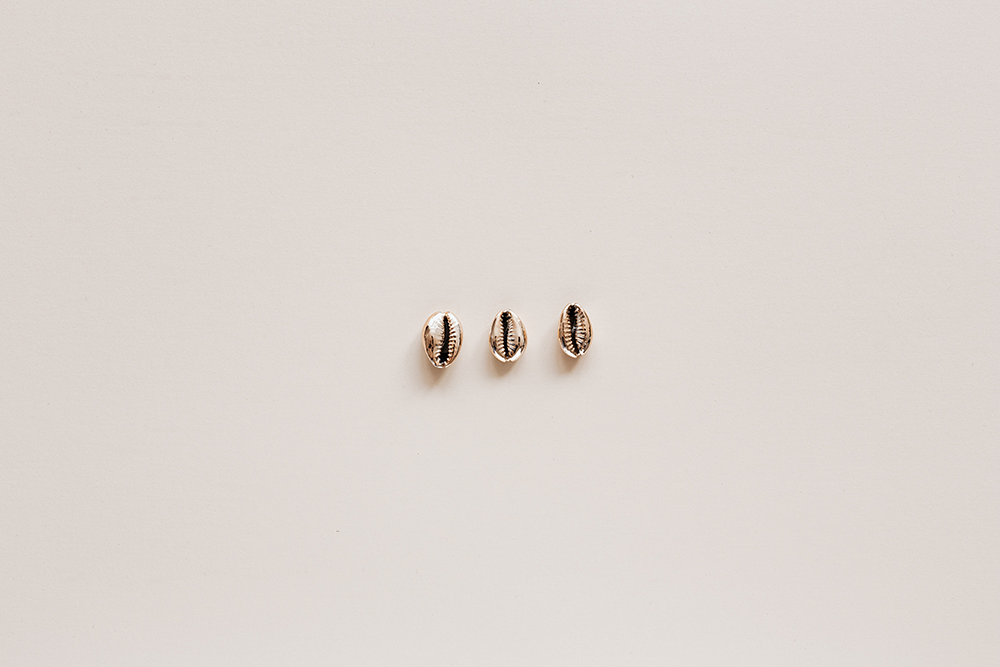
Common Problems of Hearing Aids in Use
2023-10-20 -

What is a DIGITAL HEARING AID?
2023-10-20 -
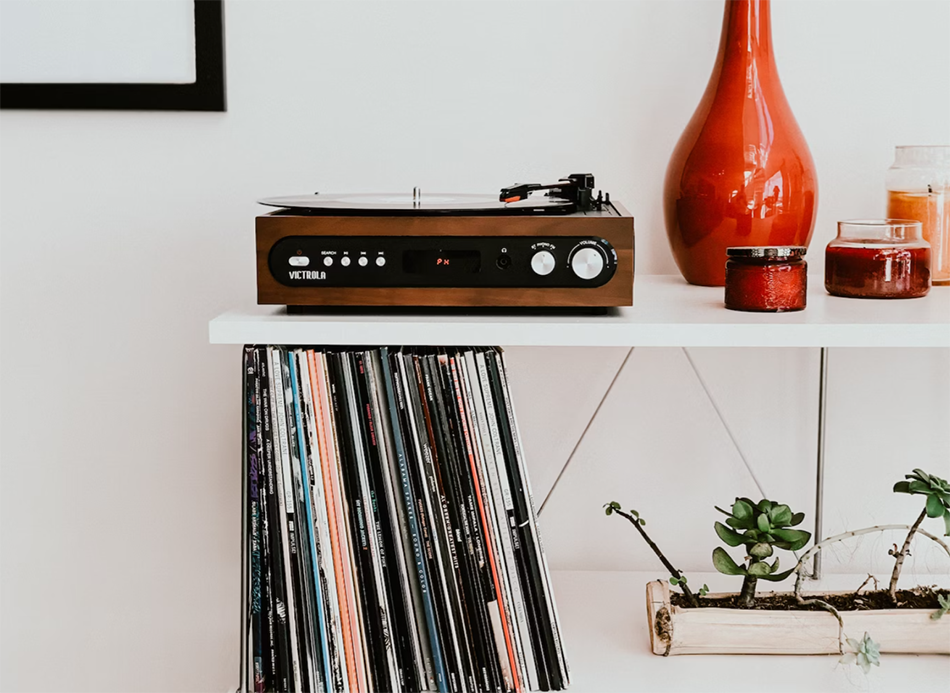
What is the Advantages of Self-fitting Hearing Aid?
2023-10-17 -

Differences between different channel hearing aids
2023-10-20 -

What is OTC hearing aid?
2023-10-17 -

Return to tranquility: The auditory experience of simulated hearing AIDS
2024-04-07 -

How hearing AIDS work
2024-04-29 -

Easy charging for clear sound quality: Discover the benefits of VOHOM's innovative BTE hearing aid model
2024-05-14 -

The power of hearing aids
2024-05-20
-

ABBREVIATIONS
2024-04-09 -

Children Needs the Hearing Aids for Listening
2023-10-20 -
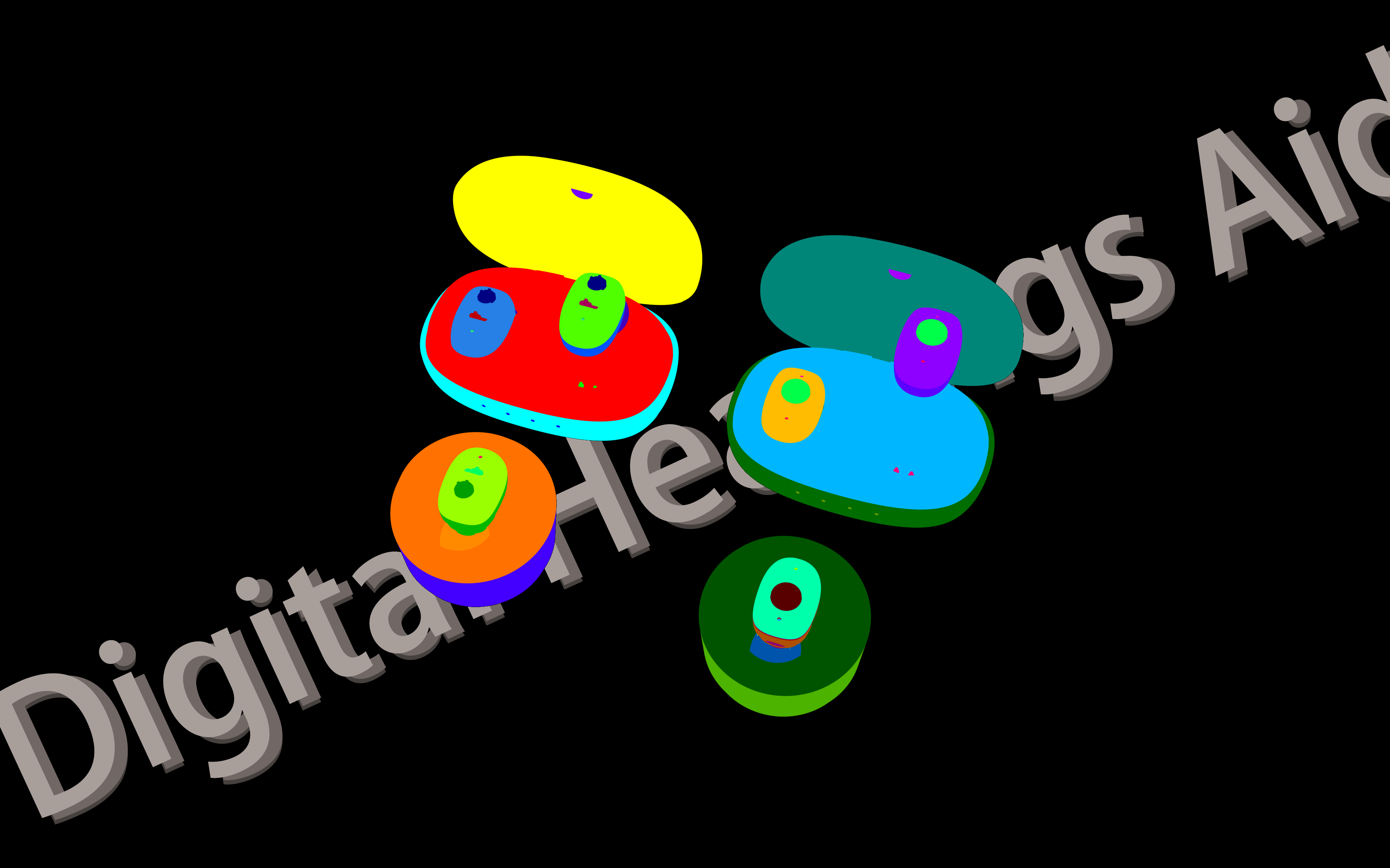
Don't wear hearing AIDS when there's no one in the house?
2023-10-28 -

Hearing aid channel selection: Listen to the beautiful melody of life
2024-03-26 -

Choose a rechargeable hearing aid: an environmentally friendly, affordable and convenient hearing solution
2024-04-18 -

What is the experience of buying hearing AIDS for the elderly?
2024-04-10 -

Do we need to choose the perfect noise reduction hearing aid?
2024-04-13 -

How to choose a variety of hearing AIDS?
2024-04-18 -

Daily maintenance of hearing AIDS
2024-04-22
-
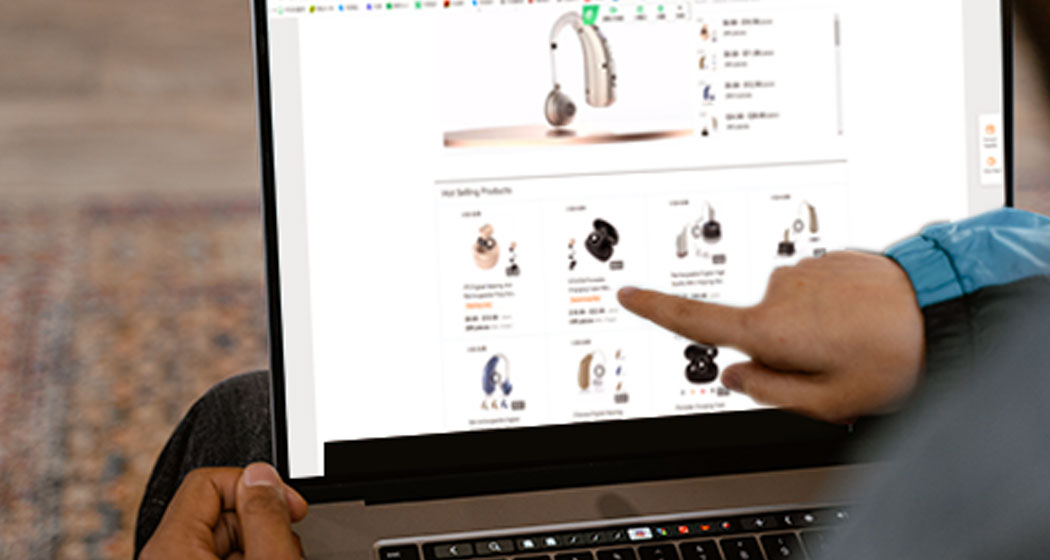
What Kinds of Hearing Aids in the Market
2022-06-01 -
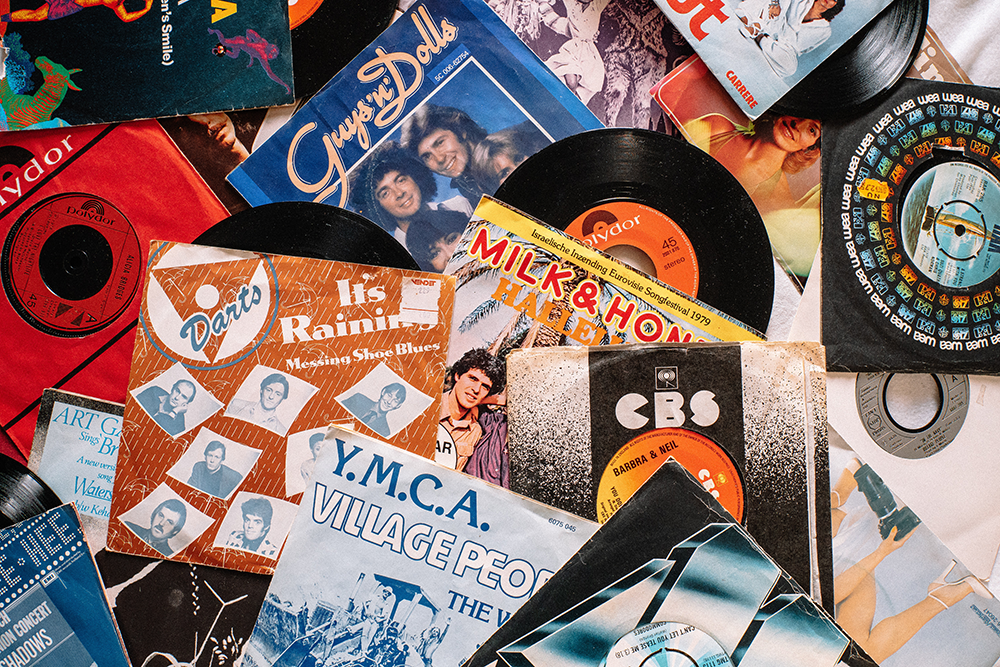
Alert! More than a billion young people are hearing or impaired. Do you have these habits?
2023-10-20 -
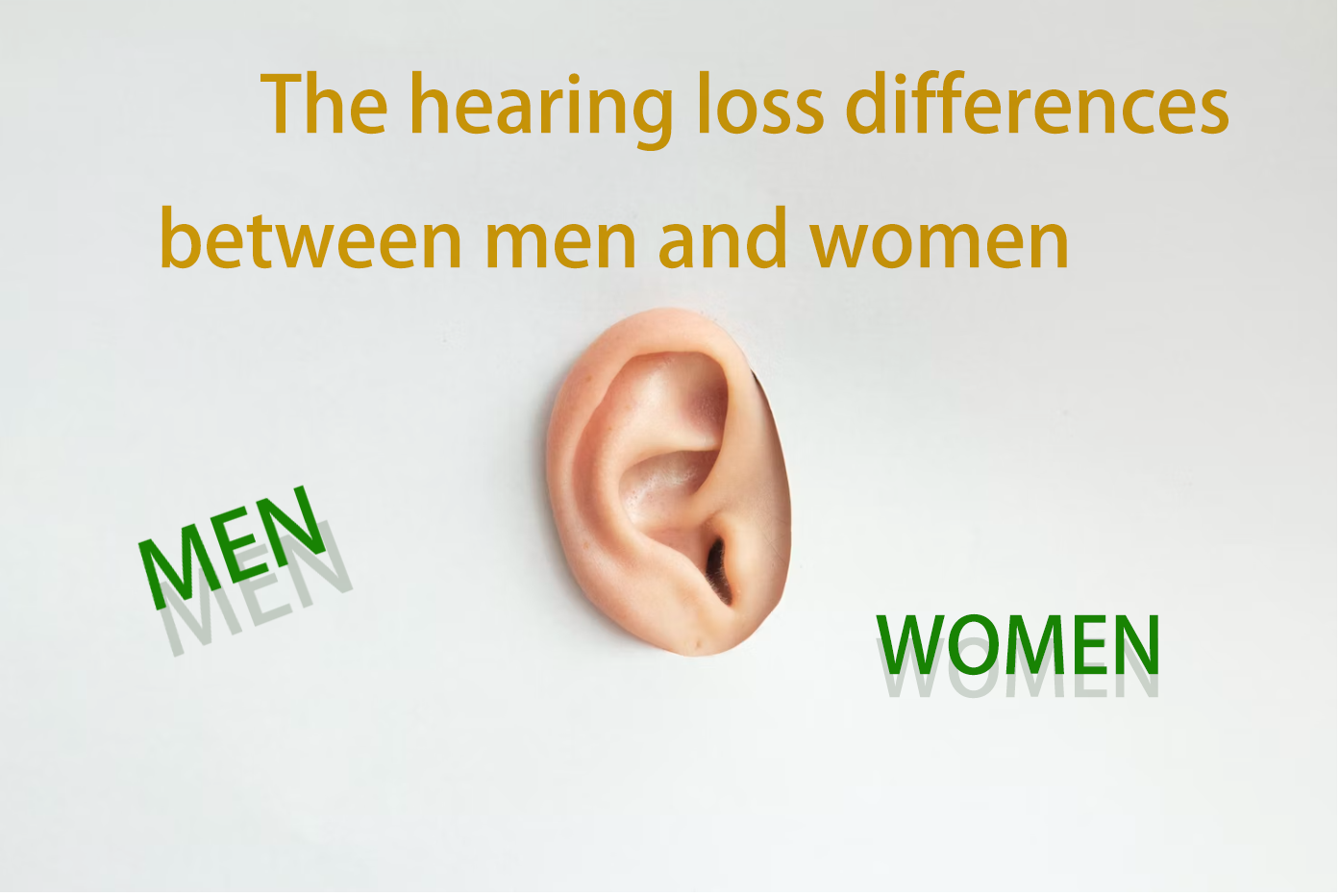
The hearing loss differences between men and women
2023-10-20 -

Hearing loss: A neglected health problem
2024-04-08 -

Does Tinnitus Cause Hearing Loss
2024-04-02 -

Can wearing hearing AIDS cause high blood pressure?
2024-05-08
CONTACT US


Foshan Vohom Technology Co., Ltd.
We are always providing our customers with reliable products and considerate services.
If you would like to keep touch with us directly, please go to contact us
-
1
Hey friend! Welcome! Got a minute to chat?

 Japanese
Japanese
 Russian
Russian
 Spanish
Spanish
 English
English

